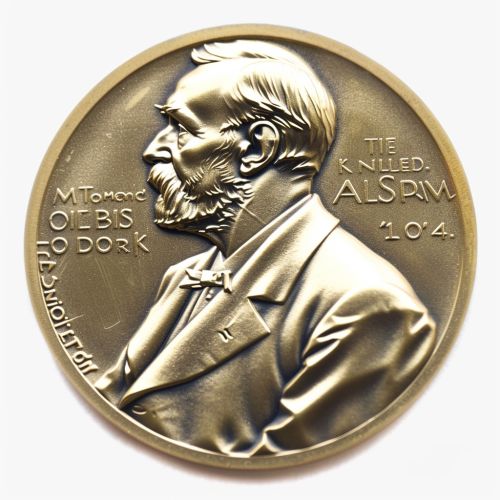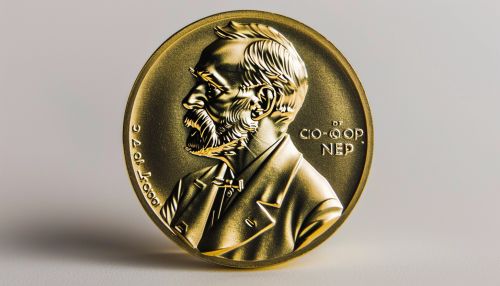Emmanuelle Charpentier
Early Life and Education
Emmanuelle Charpentier was born on December 11, 1968, in Juvisy-sur-Orge, France. She was interested in science from a young age, and this interest led her to pursue a career in microbiology. She attended the Pierre and Marie Curie University, now known as Sorbonne University, in Paris, where she earned her undergraduate degree in biochemistry. Charpentier then went on to earn a PhD in Microbiology from the Institut Pasteur, one of the world's leading centers for research in infectious diseases.


Career and Research
After completing her doctorate, Charpentier moved to the United States to conduct postdoctoral research at the Rockefeller University, located in New York City. There, she studied Staphylococcus aureus, a bacterium that causes many infections in humans. She then moved to the University of Vienna in Austria, where she began her work on CRISPR-Cas9, a revolutionary gene-editing tool.
Charpentier's research on CRISPR-Cas9 has been groundbreaking. She discovered that the CRISPR-Cas9 system, which is a natural defense mechanism used by bacteria to protect themselves from viruses, could be harnessed to edit genes in other organisms. This discovery has opened up new possibilities for genetic engineering and has the potential to revolutionize medicine and agriculture.
In 2013, Charpentier co-founded CRISPR Therapeutics, a company that aims to develop transformative gene-based medicines for serious diseases using her CRISPR-Cas9 technology.
Achievements and Awards
Charpentier's work on CRISPR-Cas9 has earned her numerous awards and recognitions. In 2015, she was awarded the Breakthrough of the Year by the journal Science. In 2020, she was awarded the Nobel Prize in Chemistry along with Jennifer Doudna for their work on the development of a method for genome editing, marking the first time the award has been given to two women.


Impact and Legacy
Charpentier's discovery of the CRISPR-Cas9 gene-editing tool has had a profound impact on the field of genetics. It has opened up new possibilities for genetic engineering, including the potential to cure genetic diseases, improve crop yields, and even modify the human genome. Her work has also paved the way for more women in science, as she is one of the few women to have won a Nobel Prize in the sciences.
